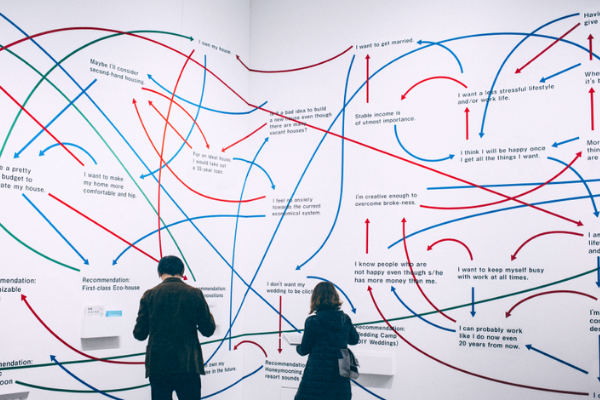Recently I was discussing scenario planning with a small group of colleagues from the risk profession. I asked what scenario planning they or their organisation did. The answers were generally around dramatic changes that could happen in the next 12 months e.g. pandemic related, China related, regulation post royal commission related.
We soon agreed that this was just good risk management and was more scenario analysis than scenario planning. When I think scenario planning, I think 3-5 years unless you are the Department of Defence who must think 30 years as it takes so long to acquire some capabilities like submarines.
We then went on to discuss the role of the risk function in strategic planning. Hopefully the risk function gets included in the planning process, not just at the end to assess risk to the plan, as we have the tools and type of thinking that can ensure a quality strategic plan.
Take scenario planning as an example. For one, we should be promoting the development of a fairly wide range of scenarios for 1, 3 and 5 years out, to stimulate everyone’s thinking. Great, but it is one thing to develop a range of scenarios, it is another thing to stop, think and get a good handle on the risks and opportunities each one poses. Estimating strategic consequence and likelihood is difficult enough for the next 12 months, let alone in three or five years.
One of the answers I encourage for estimating highly uncertain scenarios is to crowdsource answers from your staff. This technique is broadly outlined in this 8-minute video by Mariano Sigman and Dan Ariely. It involves asking small teams in your organisation to make estimates and then averaging them. On the one hand it seems a whole lot of effort. On the other hand, it is a great way to engage with staff on strategic direction.
Such an approach coupled with the design of lead indicators (KRIs if you like) that you can monitor over time will lead to better preparedness for a changing landscape and hence a more agile organisation. Who doesn’t want that?
Stay safe!

